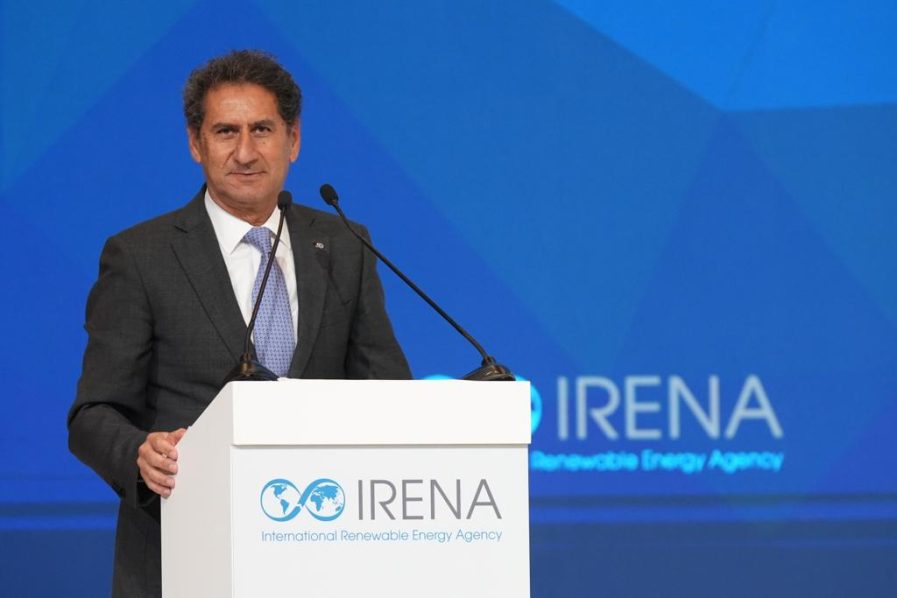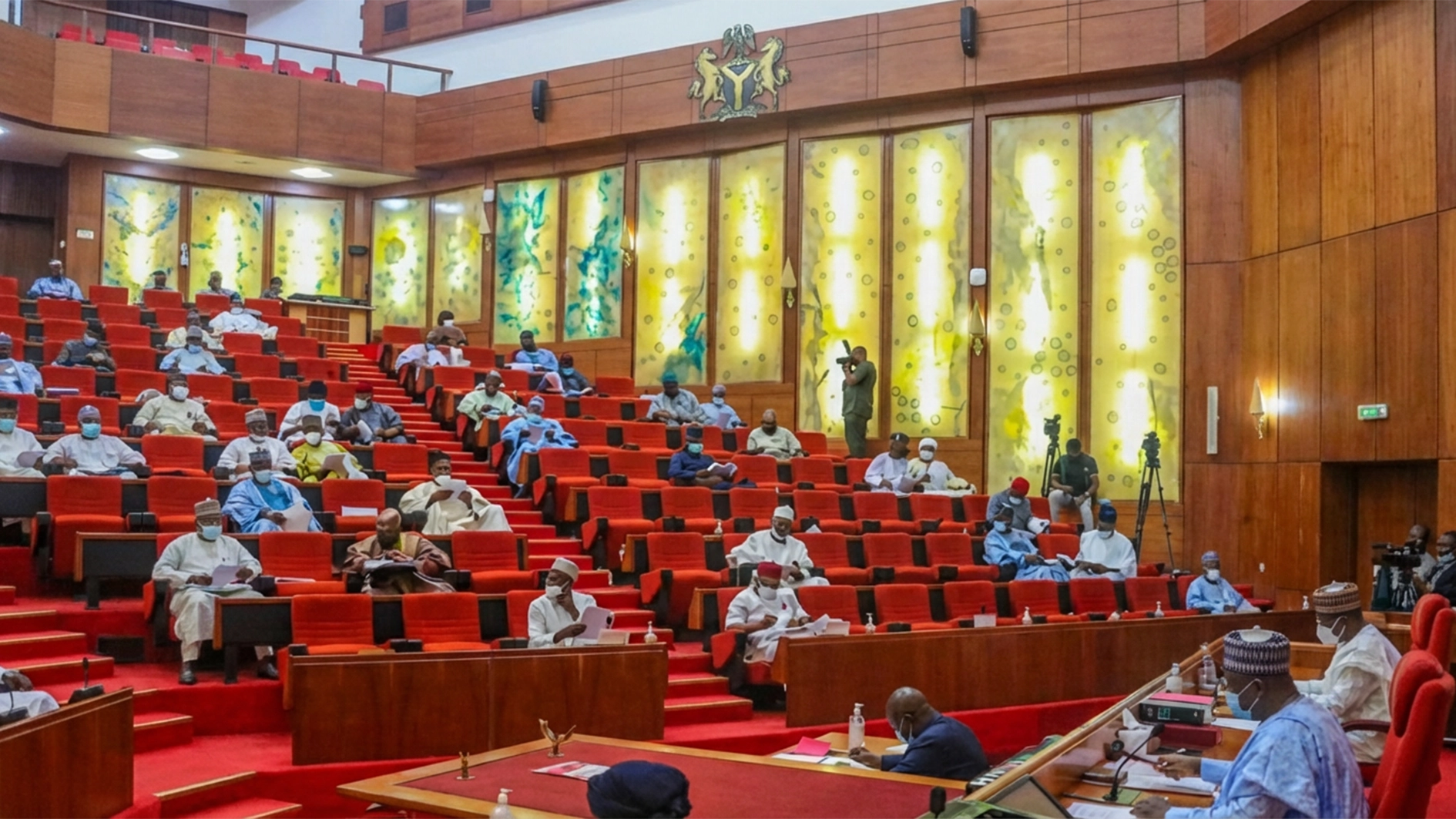
To expedite energy transition in Nigeria and across Africa, the International Renewable Energy Agency (IRENA) has said three primary obstacles must be addressed.
In an exclusive interview with The Guardian ahead of the African Climate Week which kicks off today in Nairobi, Kenya, Director General of IRENA, Francesco La Camera pointed that the gap between climate pledges and climate action remains a matter of concern.
While article nine of the Paris Agreement stipulates that developed country shall provide financial resources to assist developing country with respect to both mitigation and adaptation in continuation of their existing obligations under the convention, the $100 billion pledge for the Climate Fund agreed in COP21, financial pledges made to the Adaptation Fund in COP26, and the recent loss and damage fund agreed to at COP27 for Africa are yet to materialize.
Africa’s contribution to climate change stands at about three per cent, but the ravaging impacts of climate change, especially through drought and flood have rendered millions of people homeless while worsening food insecurity on the continent.
In Nigeria alone, the Federal Government said the 2022 floods in various parts of the country led to an estimated economic loss of $9.12 billion.
Vulnerable to climate change compared to other regions of the world, a data organisation, Statista wrote that about 1.7 thousand natural disasters in Africa have been reported between 1970 and 2019, causing economic losses of around $38.5 billion. The $9.12 billion reported in Nigeria within a year and from flooding alone shows the economic loss is going out of hand.
Stressing on the need to close the investment gap, La Camerasaid: “The energy transition in Africa is critical for climate action, a global challenge that demands concerted global efforts.
IRENA is already working on building a framework that will help turn promises into reality. This is the work that we are doing with our project facilitation platform Energy Transition Accelerator Financing (ETAF).”
According to him, the mechanism, if in place, would possibly make an important contribution in terms of models that could be followed to facilitate promises to become reality.
Worried about the slow drive towards clean energy in Africa, Lacamera said Africa must focus on the potentials of clean energy in the continent instead of purely concentrating on fossil fuel.
He disclosed that the continent, with high deposits of clean energy resources must quickly position itself to become a net exporter and manufacturer of clean energy products instead of an importer.
Such a move , according to the director general, would leapfrog Africa’s gross domestic product and provide millions of employment opportunities.
“Africa must try not to be isolated, because the world is moving and Africa can not remain in the old system, this would be such a bad thing. “
“Africa could be a good exporter of renewable energy because of the potential it has. Africa can also export hydrogen. There are a lot of ways that this may facilitate great growth in Africa and also Africa has a lot of mineral resources. So why does Africa just sell these raw materials instead of manufacturing it in Africa? Building a green industry in Africa can help keep a larger share of the added value in the economic process,” La Camera, who joined the rest of African leaders and the global climate and energy community in Nairobi, said.
For Africa to move forward in the areas of renewable and sustainable energy, La Camera said the continent must tackle key bottlenecks.
“There are three barriers for Africa to overcome, these are the physical infrastructure, policies and institutional capacities and professional skills. A lot of work still needs to be done. We have to concentrate efforts and provide the efforts created to overcome these barriers,” he stated.
La Camera said the role of multilateral financiers in Africa must be to first build infrastructure while Africa must do everything possible to overcome the difficulties in the legal environment.
The Director General insisted that Africa needs a grid system that is integrated, flexible and balanced.
“The other element is the legal environment and the policies. They are not always consistent with the needs of the market. Africa needs to overcome these difficulties. We also need to strengthen the institutional capacity and also the professional skills, including the workforce,” he noted.






